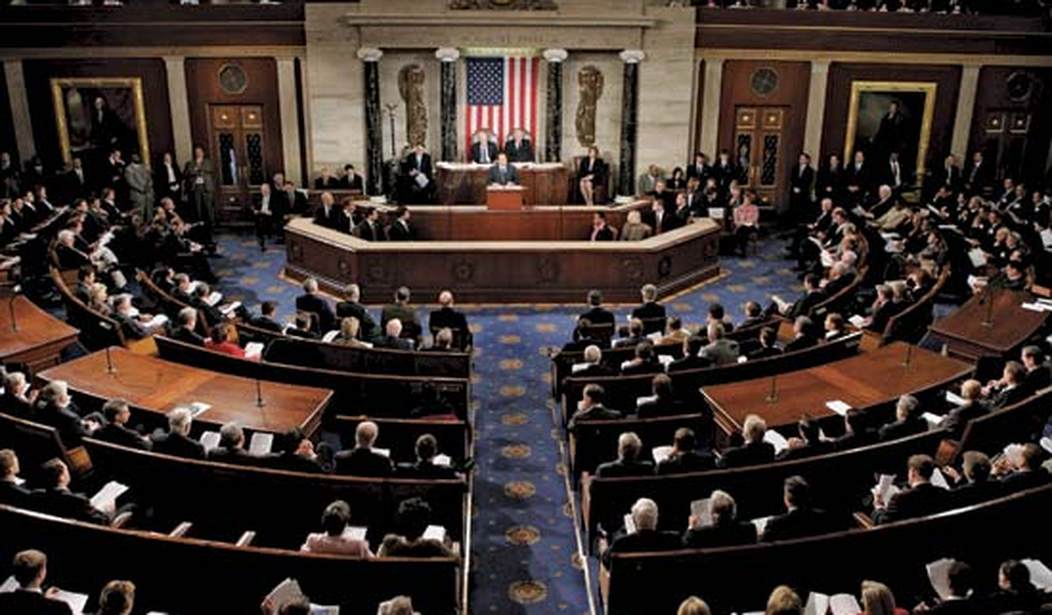WASHINGTON – The legal battle over the Affordable Care Act continues, as a challenge to the healthcare reform law aims to nullify it by arguing that any taxes imposed by the law originated in the wrong place.
Sissel v. United States Department of Health and Human Services was filed in the Washington D.C. District Federal Court – a traditional stepping-stone to the U.S. Supreme Court – by the Pacific Legal Foundation (PLF) on behalf of Matt Sissel, an Iowa artist and small-business owner. Sissel, an Iraq war veteran, does not have or want health insurance, preferring to use the money to invest in his business.
The District Federal Court ruled against Sissel in June 2013. A few weeks later, the PLF appealed the court’s decision to the D.C. Circuit Court of Appeals.
This month, Timothy Sandefur, co-counsel for PLF, argued before a three-judge panel at the D.C. Circuit Court of Appeals that the ACA was not enacted in compliance with constitutional procedures for raising taxes. That means, according to Sandefur, that the entire law was adopted unconstitutionally and should be canceled.
The Origination Clause of the Constitution, Article I, Section 7, requires that legislation to raise revenue must start in the House. This clause was put in to ensure that taxing power remained in the political body more sensitive to public opinion.
In June 2012, Chief Justice John Roberts changed the ACA’s individual mandate into a tax. The Supreme Court ruled in NFIB v. Sebelius that a penalty levied on people who fail to buy insurance under the ACA is a tax because it requires payment to the federal government.
Speaking at a Cato Institute event, Sandefur said it is “crystal clear” that the provision grants the House authority to originate these bills, even though it does not explicitly clarify the difference between amend and originate.
“The one thing we know for certain is the Senate cannot originate these bills. The question in this case is whether the Senate can get around these restrictions by passing an amendment whereby it originates a revenue bill,” Sandefur said.
Senate Majority Leader Harry Reid (D-Nev.) took a six-page bill that had passed the House unanimously on October 2009, and used what is known as a “gut and replace” approach in which he removed every word of the bill’s text, and inserted the 2,074 pages of ACA language.
The newly created bill was then sent back to the House and passed without a single Republican vote.
Last year, District Court Judge Beryl A. Howell rejected Sissel’s claim. Howell wrote in her decision that the Origination Clause challenge failed because the main purpose of Obamacare was not to raise revenue. She also said because the bill did, in fact, originate in the House “it is for Congress, not the courts, to decide whether an amendment is properly germane in any given case.” Even though Justice Roberts declared that the individual mandate was a tax, Howell ruled that the revenue raised by the ACA was “incidental”; therefore, the Origination Clause did not cover the law.
There are only a handful of legal cases on the Origination Clause. In Flint v. Stone Tracy Corp., the Supreme Court said the Senate might amend a House revenue bill as long as the amendment is germane to the subject of the original bill. In U.S. v. Munoz-Flores, the Supreme Court held that courts should strike down laws that violate the clause. In this case, however, the high court decided not to enforce the clause because it was not a bill for raising revenue.
“Although there are few Origination Clause cases on the books, our case falls squarely within the one thing that we know that this clause does not permit,” Sandefur said.
He said that in order for the Senate’s actions to qualify as a genuine amendment to a House-passed revenue bill, it must be “germane” to the subject matter of the bill.
“Unless an amendment is germane to the original thing, it is not an amendment. No original speaker of English would use the word amend to mean completely gut and replace,” Sandefur said.
While the Senate may in most cases have the power to “gut and amend” a bill by striking and replacing its entire contents, no court has ever held that the Senate can use such a procedure to originate a bill for raising revenue, he said.
“If Congress can use its taxing power to accomplish these goals, like forcing people to buy insurance, …that’s all the more reason why we need more democratic control over the taxing power,” Sandefur said. “This is the reason why the House of Representatives has this power in the first place.”
Interest in the case is growing despite its dismissal last June. Forty House Republicans filed an amicus brief in support of the challenge, while the House Judiciary Committee held a hearing recently on the meaning of the Origination Clause.
Two of the judges on the panel were recently appointed by President Obama and confirmed by the Senate as part of the so-called “nuclear option.” President Clinton appointed the other judge.
Whatever decision is reached, the supporters of the lawsuit intend to push it all the way to the Supreme Court.
“It’s always a long shot when you sue the federal government, particularly over the Affordable Care Act,” Sandefur said. “But we bring these cases because we believe in their constitutional merit.”









Join the conversation as a VIP Member